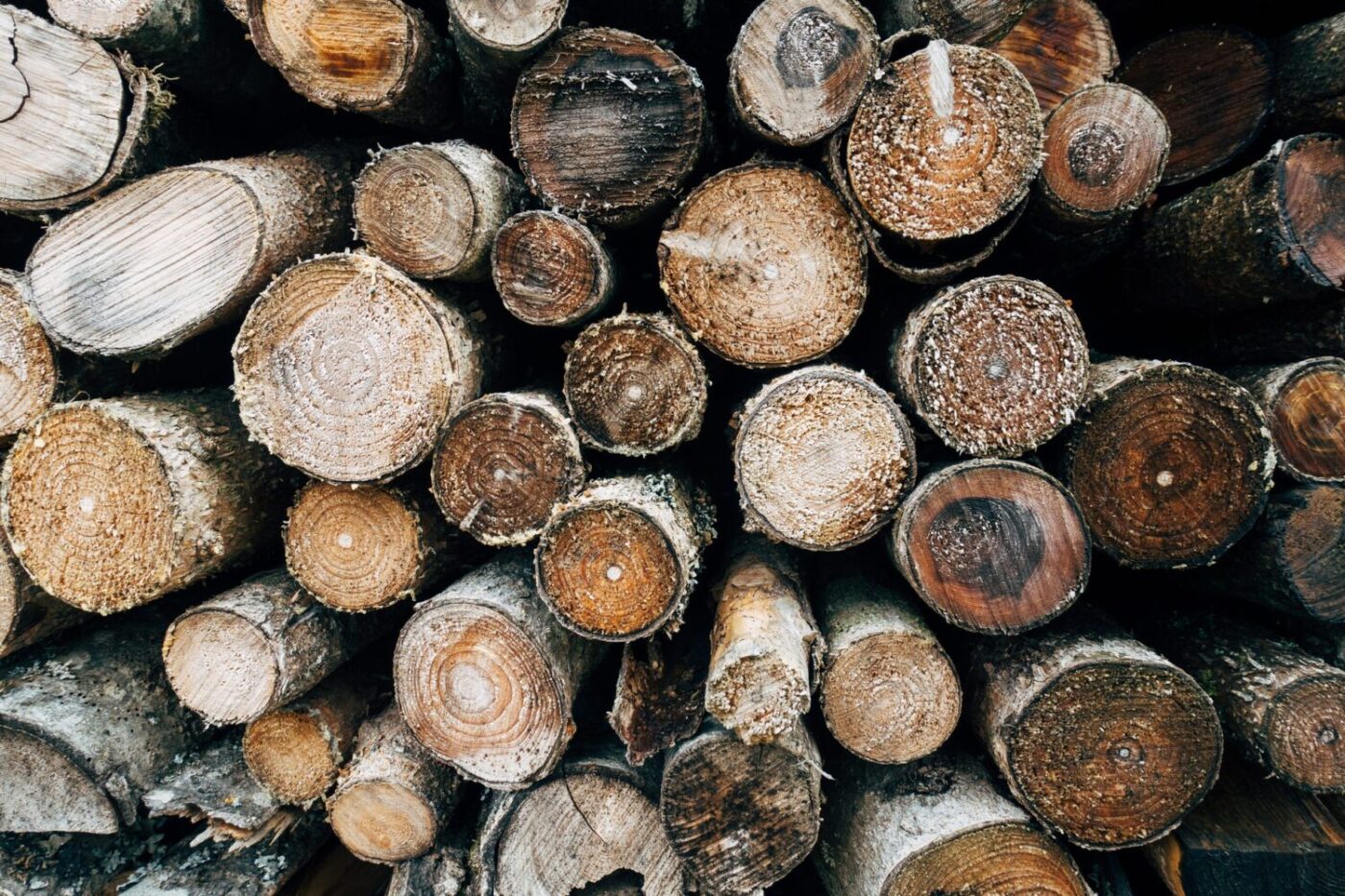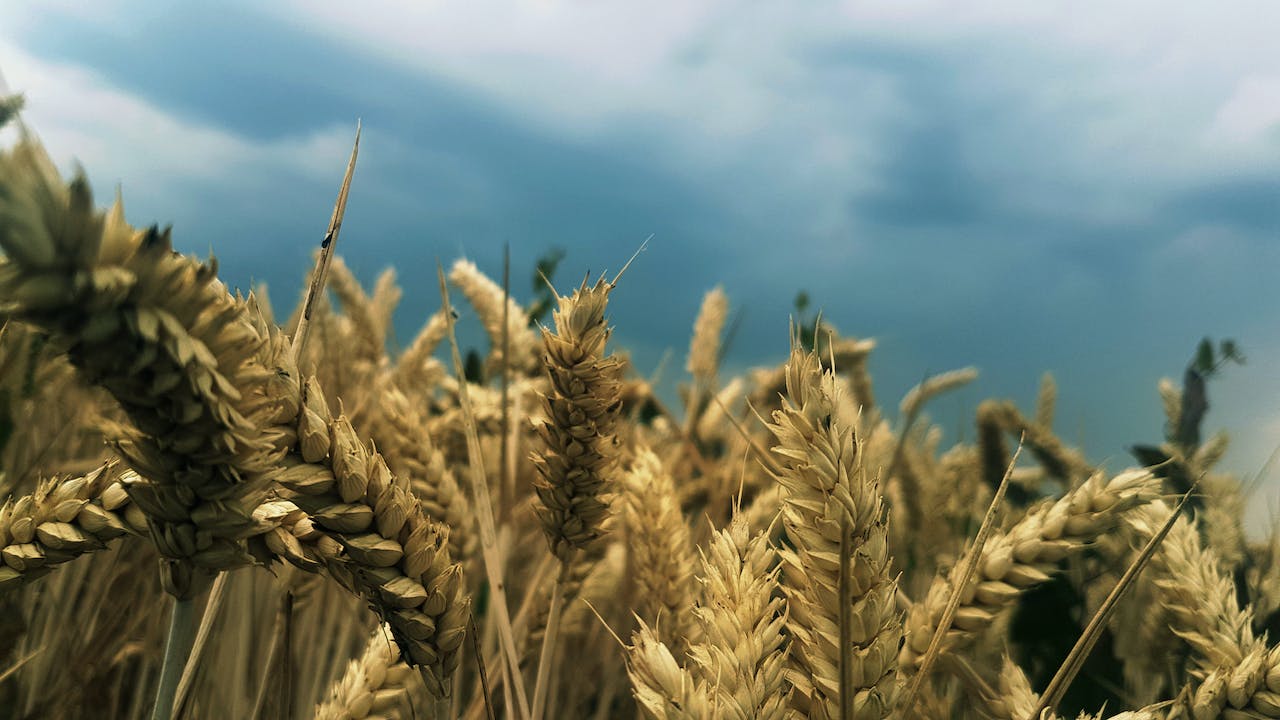The potential of a bio-based concrete “ink” for sustainable 3D printing: review and perspectives

The Swedish Government’s Climate Action Plan 2019 underlines the need for creating a common understanding about the transition to bioeconomy and knowledge of the demand for biomass types. The project proposes a comprehensive analysis of a bio-based solution to the environmental burden created by the construction sector.
The potential of replacing traditional concrete ingredients with bio-based materials, e.g., bio-binders, and bio-admixtures, is studied for application in energy-efficient 3D printing technology. To identify research gaps and future development paths, a systematic review is proposed, combined with meta-analysis and life cycle assessment. To report on the development of the national bioeconomy, a survey is conducted among different stakeholders.
In the long term, the knowledge gathered within the project could facilitate the creation of new bio-based value chains, contributing to the energy and climate goals and fulfilling EU Bioeconomy Strategy Objectives 3, 4, and 5:
- Reducing dependence on non-renewable, unsustainable resources
- Mitigating and adapting to climate change
- Strengthening European competitiveness and creating jobs

Magdalena Rajczakowska
Luleå University of Technology

magdalena.rajczakowska@ltu.se
Project information
Participants
LTU
Time schedule
January - December 2024
Total cost of project
911 637 SEK
Swedish Energy Agency project number
2023-00839
More projects

Feasibility study for project with the aim of commercializing an industrial drying process based on microwave technology
Saving money and resources by drying timber with microwaves In this project, MicroDri AB has studied how their microwave timber drying technology…
Manager: Victor Borén
Completed: 2023-09-01

Wood powder burners in direct-heated grain dryers for increased resource efficiency and lower CO2 emissions, stage 2
Long-term test and evaluation in a large scale real environment drying is done with combustion heat in dryers that supply heat directly…
Manager: Anders Lindgren
Ongoing

Sustainable and cost-effective production of biobased fuels and chemicals via slurry hydroprocessing of forest residues
Large-scale implementation of biofuels will be required if Sweden are to achieve its goals of the phasing out of fossil fuels in…
Manager: Niklas Bergvall
Ongoing


